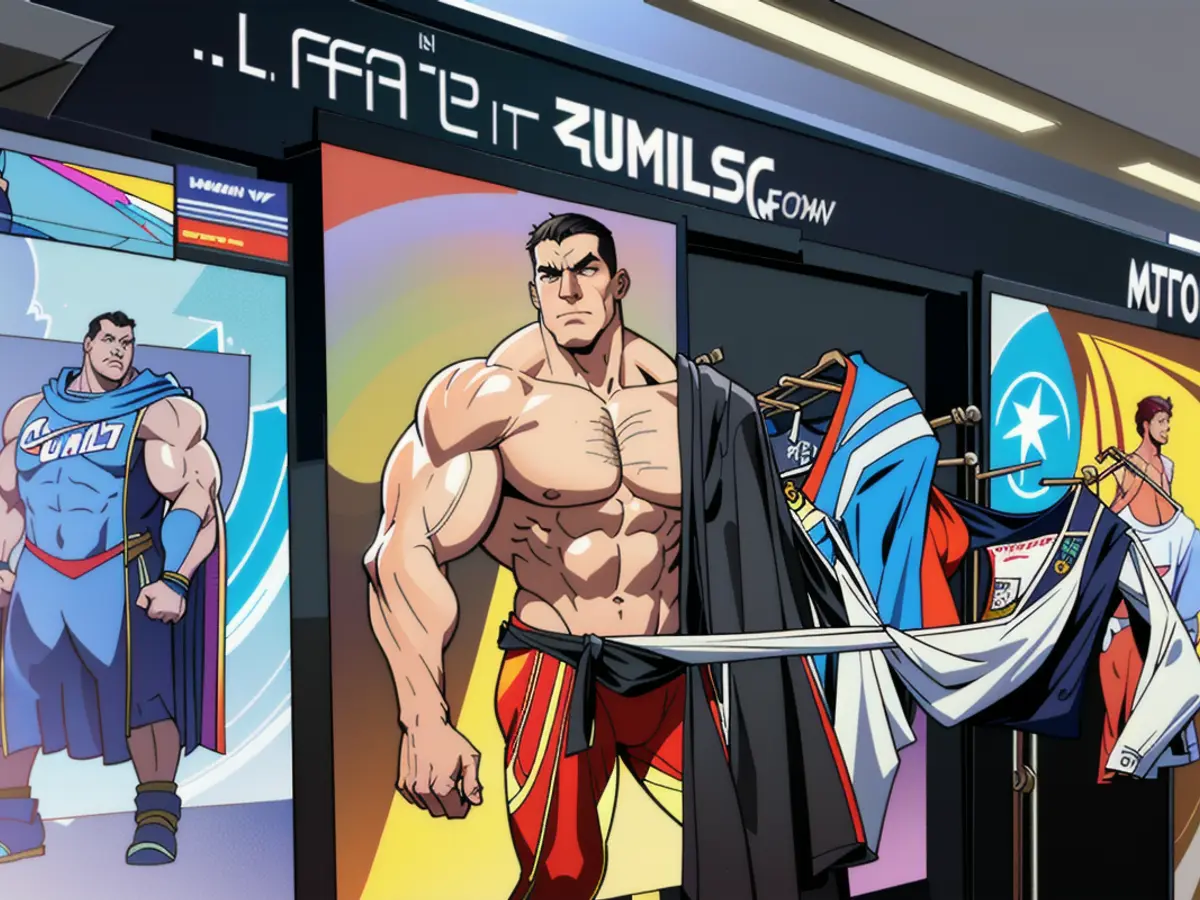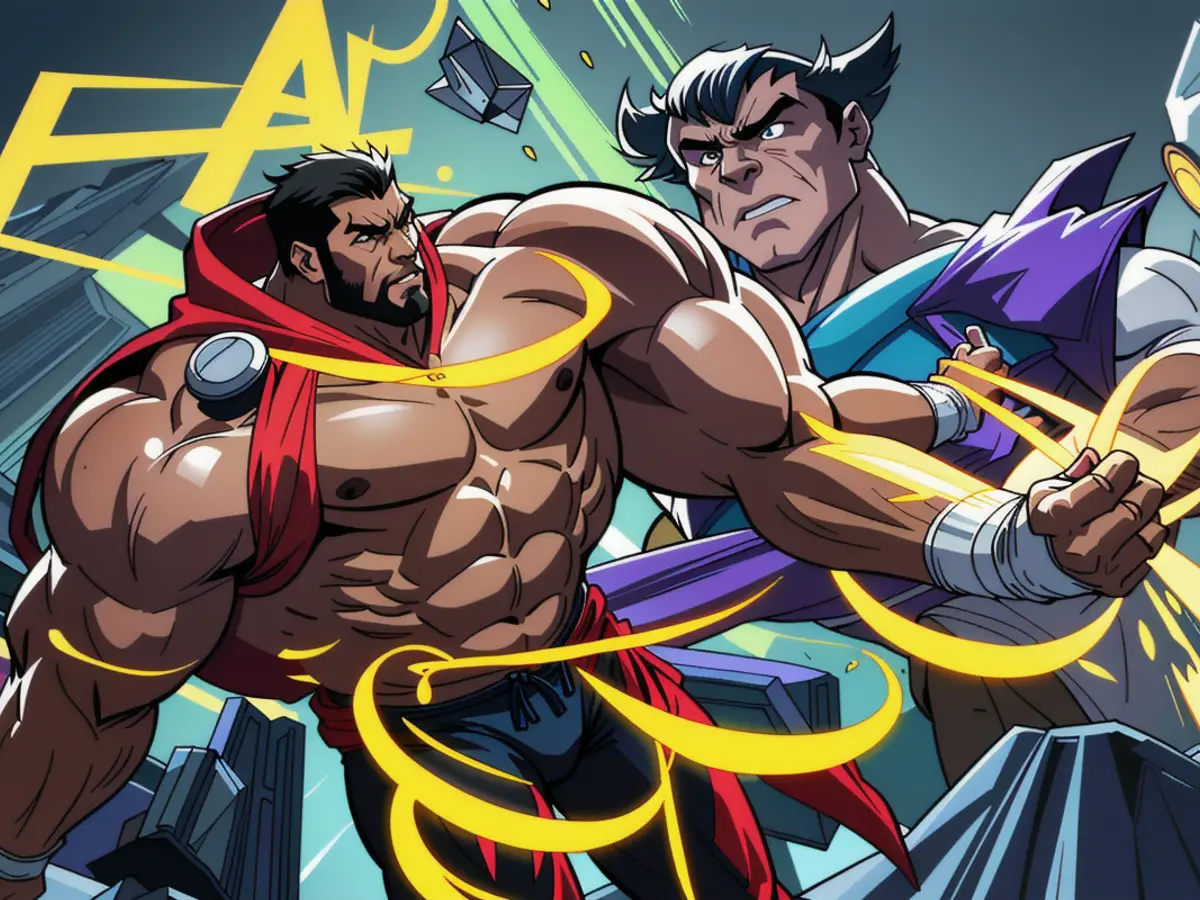Fashion brands Calvin Klein and Tommy Hilfiger, under PVH Corporation's umbrella, experience negative impacts as casualties of the U.S.-China trade war.
PVH, the powerhouse behind renowned brands like Calvin Klein and Tommy Hilfiger, has found itself in hot water after being added to China's Ministry of Commerce (MOFCOM) list of "unreliable entities." The MOFCOM, in a statement, accused PVH of undermining market rules and violating Chinese laws. This designation could potentially halt all PVH business activities in China, as of now, no specific sanctions have been announced, and the company has been given a chance to present its defense.
PVH is the first fashion brand to land on this list, typically reserved for defense and biotech companies. Until now, only a handful of U.S. companies had this distinction, with none operating in the consumer market. This move comes in the wake of Trump administration's 10% tariff on Chinese imports, and MOFCOM's investigation into PVH's China business since September.
The source of contention seems to be PVH's decision to ban the use of cotton from Xinjiang in its clothing, following the U.S. government's ban on Xinjiang cotton imports in 2020. Michael Kaye, a partner at Squire Patton Boggs, shared with CNBC that China might be using PVH as an example, to demonstrate its ability to negatively impact U.S. companies operating in the country.
While the Chinese market contributes significantly to PVH's retail growth, amounting to about 20% of its $9.2 billion revenues in the most recent fiscal year, the greater threat could be to its manufacturing capabilities. With 128 factories in China producing approximately 20% of its goods, moving manufacturing capacity to other countries could prove challenging, due to the time it takes to ensure quality and production processes.
Experts speculate that China targeted PVH, instead of larger players like Nike and Gap, due to its size; large enough to get noticed, but not big enough to trigger major disruptions at home. As a result, PVH's operations in 1,300 stores in the Asia-Pacific region for Tommy Hilfiger and 2,700 locations for Calvin Klein, as well as its Hong Kong headquarters, could be at stake, especially if trade tensions escalate.
"It's like a sword of Damocles hanging over PVH's head," Neil Saunders from GlobalData told CNBC. "This isn't really about PVH at all. This is about PVH being caught in the spat between China and the U.S."
PVH's brands, Calvin Klein and Tommy Hilfiger, have also been affected by the blacklisting, as they are both blacklisted in China along with PVH.
The PVC Corporation, which may have business operations in China, might want to tread carefully due to the ongoing blacklisting of companies.
Despite being blacklisted, PVH still has the opportunity to present its defense to the Chinese authorities, hoping to reverse the decision.
The blacklisting of Calvin Klein and Tommy Hilfiger by China's MOFCOM is a significant blow to PVH's operations in the Asian market, potentially affecting its stores and manufacturing capabilities.








